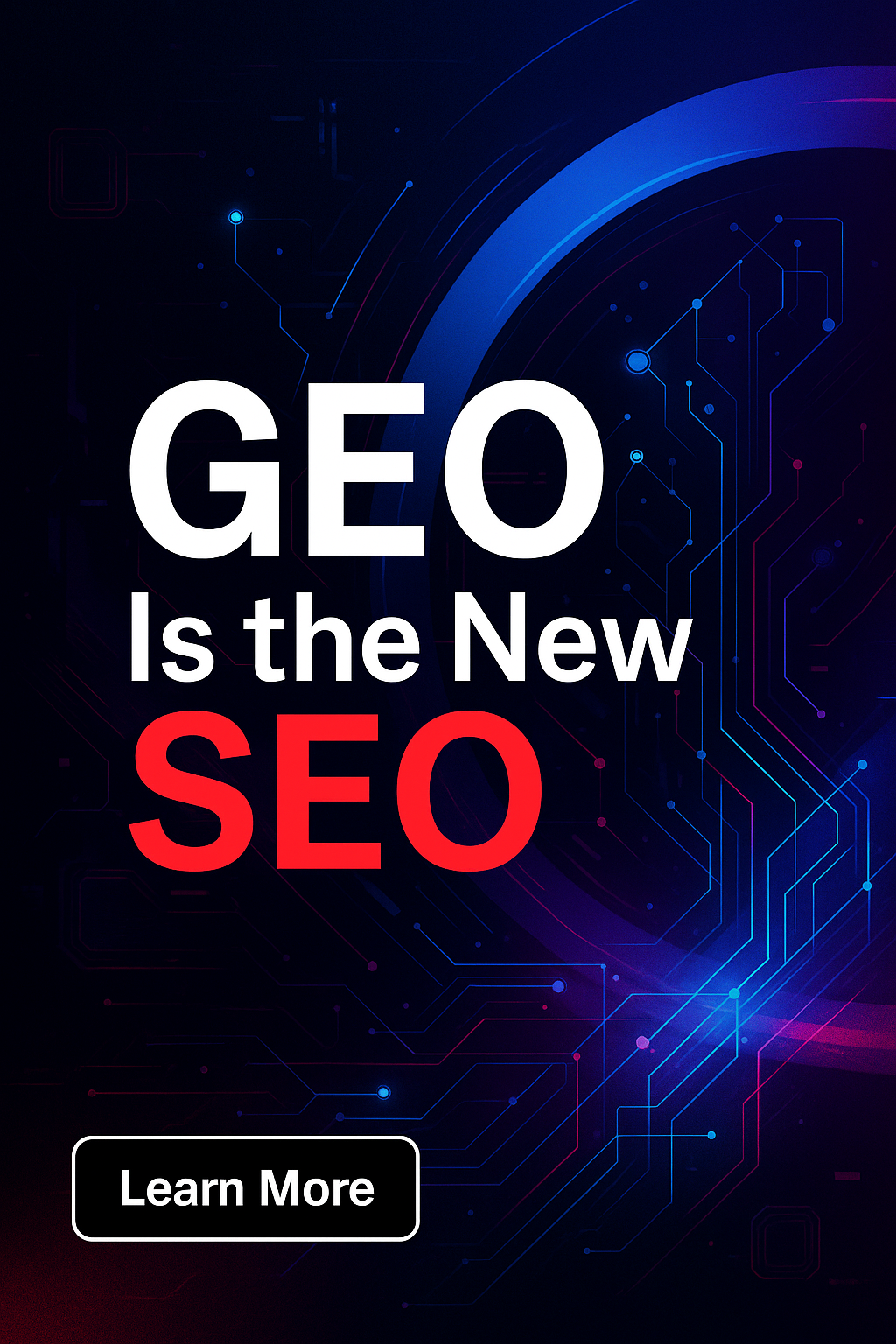Welcome to the World of Buzz AI

Will Google Gemini Normalize Fictional Responses to Queries? The last two paragraphs of a WIRED story by Lauren Goode about Google’s new Gemini chatbot suggests we are heading into the world of Buzz AI, where imagination is as important as truth, regardless of the query.
Pichai says, of course, that Google is trying to reduce the models-gone-wild phenomenon. But he also cautions that the word “hallucinate” should be used carefully, and suggests hallucinating was a feature as well as a bug, which is a fascinating rebranding of misinformation. He believes the technology should be grounded in factualness, but if you dial it down too much, your chatbot gets real boring real fast.
A generative AI experience should be “imaginative,” Pichai says. “Like a child who doesn’t know what the constraints are when they’re imagining something.” Kind of like the early days of the web.
Lauren Goode, WIRED
Buzz AI is a good way of describing what I see as the logical, next iteration of generative AI.
Like other ad-supported services and social networks that enrage to engage, Buzz AI would be tuned to generate content that is provocative, controversial, or polarizing to spark strong emotional reactions like anger or indignation and increase engagement through comments, shares, or discussions.
I’m not discounting the value of creative intelligence. But when I’m looking for something specific, I want help finding it.
While Google CEO Sundar Pichai emphasizes the need for AI to be fact-based, his ‘imaginative’ reference suggests that Gemini will be tuned to provide answers that amplify polarization, whether its fact or fiction to extend session times.
Given the scarcity of expensive AI chips used to train large language models that power AI models, putting imagination on equal footing with the truth is certainly one way to conserve pricey processing power and level set corporate with public interests. Perhaps distinguishing facts from opinions, like hard news outlets do, is a way to help users appreciate Gemini’s creative intelligence without
It makes sense that Google wants to preserve the status quo as long as possible, rather than have to scrap their investment in citation-based rankings. And Microsoft, which has become too big to make any bold, risky moves, is not putting enough pressure on Google to make them change, despite their OpenAI ownership position. Up to now, Bing has not captured any significant market share. When it comes to search, Microsoft appears to be following Google’s lead.
Buzz AI has the potential to monopolize our attention through the generation of engaging, viral content. But it would also wind up amplifying extreme points of view and aggravate our ability to build consensus by distorting the facts.
This is obviously problematic because, in a democracy, we decide what policies and candidates to back by listening to the public discourse, which is online. If these discussions are based on false information distributed by individuals, organizations, and special interests to deliberately mislead us so we don’t know what’s going on, we wind up making decisions of social importance on the wrong basis.
That’s the threat of imagination that’s indistinguishable from the truth.
Buckle up for Buzz AI.
White Papers
Podcasts
Consulting Services
Latest Posts



















